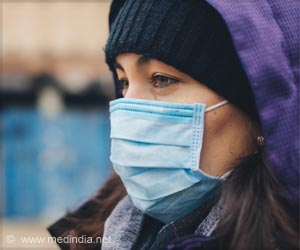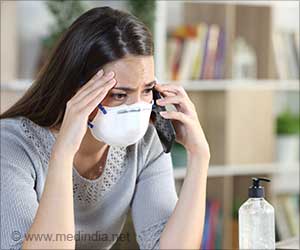Destination India
Vaccine Preventable Ailments
During the period of visit, a traveler is at the mercy of local conditions regarding mainly, food and environment.
Travelers, generally, succumb to the temptation of trying out local ‘delicacies’; also, it is believed that eating the local food is the best way to ward off stomach ailments.
Exposure to an environment, which is possibly unhealthy (as in the case of a disease outbreak), is a risk that hangs like the sword of Damocles over every traveler.
Therefore, it is wise to be aware of –
Hepatitis B is also a liver infection caused by a virus, but is transmitted through blood and other body fluids. Travelers are advised vaccination against this disease. It is especially important for travelers who
Typhoid, caused by bacteria, is prevalent in areas of poor sanitation and improper hygiene. Infection is through consumption of contaminated water or food.
All travelers are recommended to take Typhoid vaccination.
Meningitis is inflammation of the membranes of the brain. A virus, bacterium or fungus can cause the infection. The bacterial infection is more likely to affect travelers. It spreads through close contact with infected people or through droplets in the air. Travelers exploring ‘beaten paths’ especially in Northern India or those working in very crowded places are advised vaccination against this infection.
Polio is a viral disease that causes paralysis and may sometimes be fatal. Many travelers have probably had the vaccine as a child but its efficacy wanes after 10 years. So, a one-time booster is recommended for adult travelers who completed the childhood series but never had it as an adult.
Yellow Fever vaccination is required only for those travelers arriving in India from or transiting through any yellow-fever-infected area like Africa.
Japanese Encephalitis is a mosquito borne viral disease that can cause serious brain infections. The risk is more during the Indian monsoon. The vaccine is recommended for travelers staying for a longer period or traveling to and engaging in unprotected outdoor activities in rural areas, especially after dusk.
Rabies, a serious viral infection of the brain is caused due to contact with infected animals like dogs, cats, monkeys or bats. Though risk is minimal, travelers who extend their stay or have contact with animals are better off with a vaccine to immunize them.
Measles, Mumps, Rubella (MMR) vaccine is advised for travelers born after 1956 and not previously immunized. Two doses of the vaccine should be taken.
Tetanus-Diphtheria vaccine is advised for adult travelers, as their childhood immunity can no longer protect them. Regular travelers must be re-vaccinated every 10 years.
Travelers, generally, succumb to the temptation of trying out local ‘delicacies’; also, it is believed that eating the local food is the best way to ward off stomach ailments.
Exposure to an environment, which is possibly unhealthy (as in the case of a disease outbreak), is a risk that hangs like the sword of Damocles over every traveler.
Therefore, it is wise to be aware of –
- Infections that may be contracted through contaminated food and water or poor sanitation and improper hygiene
- The vaccinations available to prevent such diseases
Hepatitis B is also a liver infection caused by a virus, but is transmitted through blood and other body fluids. Travelers are advised vaccination against this disease. It is especially important for travelers who
- Opt to stay in India for more than six months
- May have intimate contact with local residents
Typhoid, caused by bacteria, is prevalent in areas of poor sanitation and improper hygiene. Infection is through consumption of contaminated water or food.
All travelers are recommended to take Typhoid vaccination.
Meningitis is inflammation of the membranes of the brain. A virus, bacterium or fungus can cause the infection. The bacterial infection is more likely to affect travelers. It spreads through close contact with infected people or through droplets in the air. Travelers exploring ‘beaten paths’ especially in Northern India or those working in very crowded places are advised vaccination against this infection.
Polio is a viral disease that causes paralysis and may sometimes be fatal. Many travelers have probably had the vaccine as a child but its efficacy wanes after 10 years. So, a one-time booster is recommended for adult travelers who completed the childhood series but never had it as an adult.
Yellow Fever vaccination is required only for those travelers arriving in India from or transiting through any yellow-fever-infected area like Africa.
Japanese Encephalitis is a mosquito borne viral disease that can cause serious brain infections. The risk is more during the Indian monsoon. The vaccine is recommended for travelers staying for a longer period or traveling to and engaging in unprotected outdoor activities in rural areas, especially after dusk.
Rabies, a serious viral infection of the brain is caused due to contact with infected animals like dogs, cats, monkeys or bats. Though risk is minimal, travelers who extend their stay or have contact with animals are better off with a vaccine to immunize them.
Measles, Mumps, Rubella (MMR) vaccine is advised for travelers born after 1956 and not previously immunized. Two doses of the vaccine should be taken.
Tetanus-Diphtheria vaccine is advised for adult travelers, as their childhood immunity can no longer protect them. Regular travelers must be re-vaccinated every 10 years.


















Post your Comments